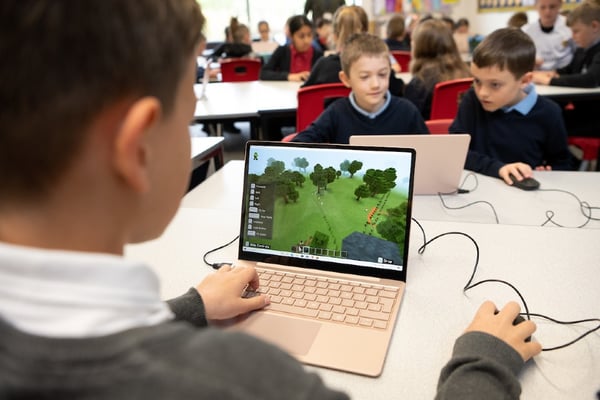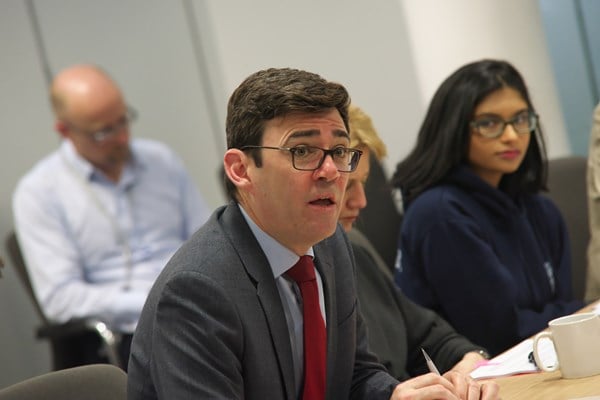A £15 million investment to digitise the world’s largest collection of plant and fungal specimens will “revolutionise” climate change research and help protect biodiversity for generations to come, the Chief Secretary to the Treasury announced.
Simon Clarke said the significant injection of government funding would allow researchers from across the globe to access the historic collection free of charge.
The Herbarium houses over 8 million plant and fungal specimens with some dating back 170 years - including specimens collected by Charles Darwin.
Digitising this treasure trove of information will also ensure that it is protected from gradual deterioration with age or catastrophic loss from fire.
 "By digitising this unique collection, the largest of plant and fungal specimens in the world, we are opening up a vast stockpile of data which will seed a forest of vital research projects across the planet," said Simon Clarke MP, Chief Secretary to the Treasury.
"By digitising this unique collection, the largest of plant and fungal specimens in the world, we are opening up a vast stockpile of data which will seed a forest of vital research projects across the planet," said Simon Clarke MP, Chief Secretary to the Treasury.
The government-funded project, which is estimated to take four years to complete, will also support ongoing projects at Kew, including mapping endangered tropical plants in East Africa and Madagascar, protecting vital biodiversity.
"I am absolutely delighted that the British Government has committed £15m towards the digitisation of Kew’s plant collections and to secure them for future generations through the construction of a new collections laboratory," said Director of Kew Gardens Richard Deverell. "These collections represent knowledge of plant and fungal diversity that will help scientists around the world conserve nature and find solutions to some of the most critical challenges facing humanity."
The Chief Secretary’s visit comes as world leaders have this week gathered for COP26 Glasgow and Governments have made significant commitments to protect forests, reduce methane emissions and finance green technology.






 "By digitising this unique collection, the largest of plant and fungal specimens in the world, we are opening up a vast stockpile of data which will seed a forest of vital research projects across the planet," said Simon Clarke MP, Chief Secretary to the Treasury.
"By digitising this unique collection, the largest of plant and fungal specimens in the world, we are opening up a vast stockpile of data which will seed a forest of vital research projects across the planet," said Simon Clarke MP, Chief Secretary to the Treasury.
